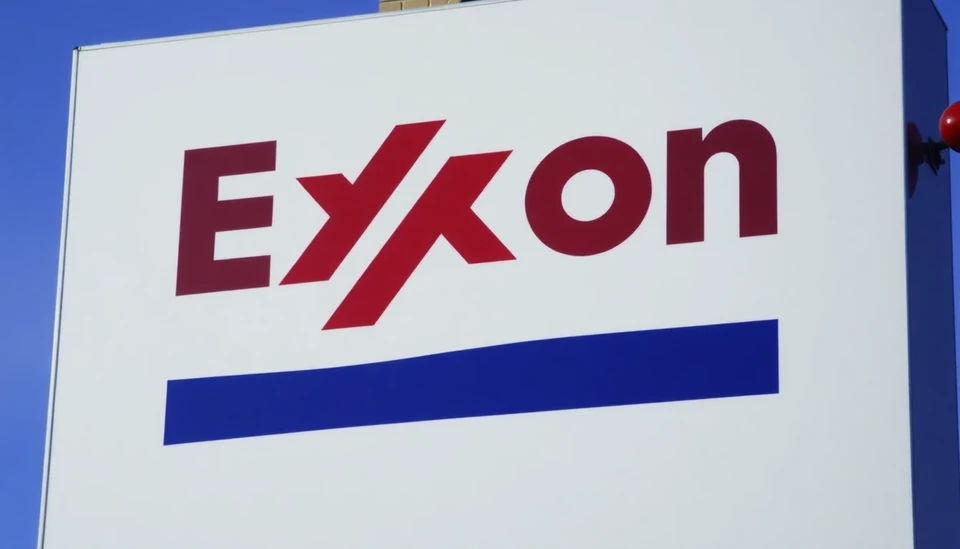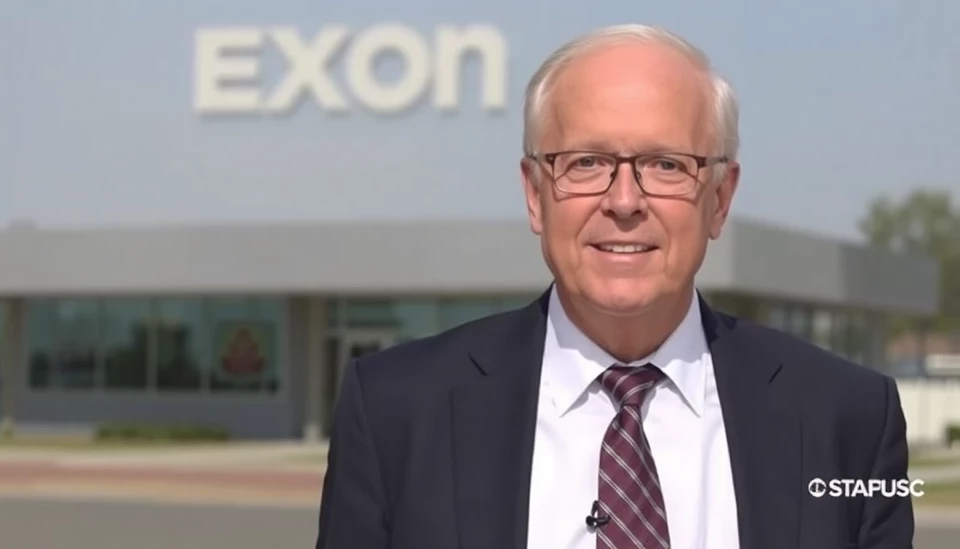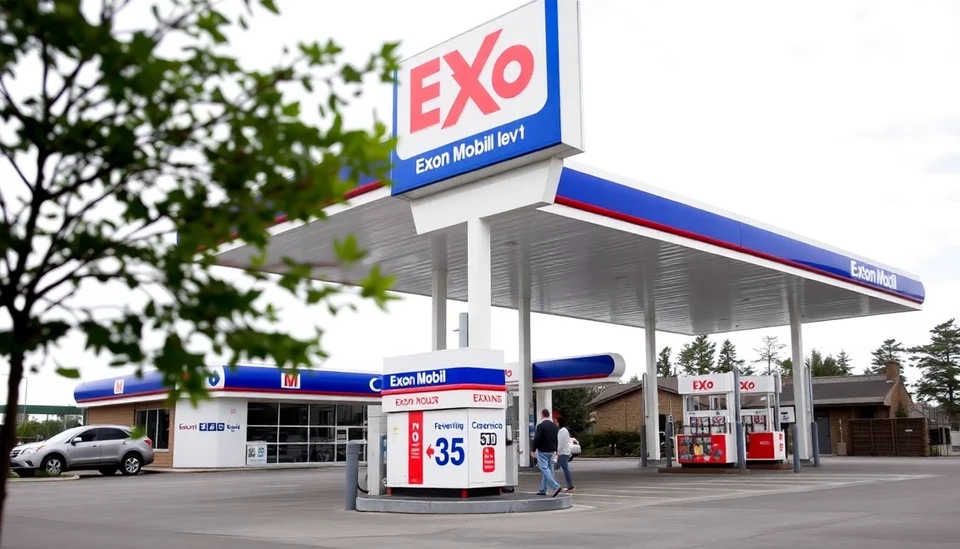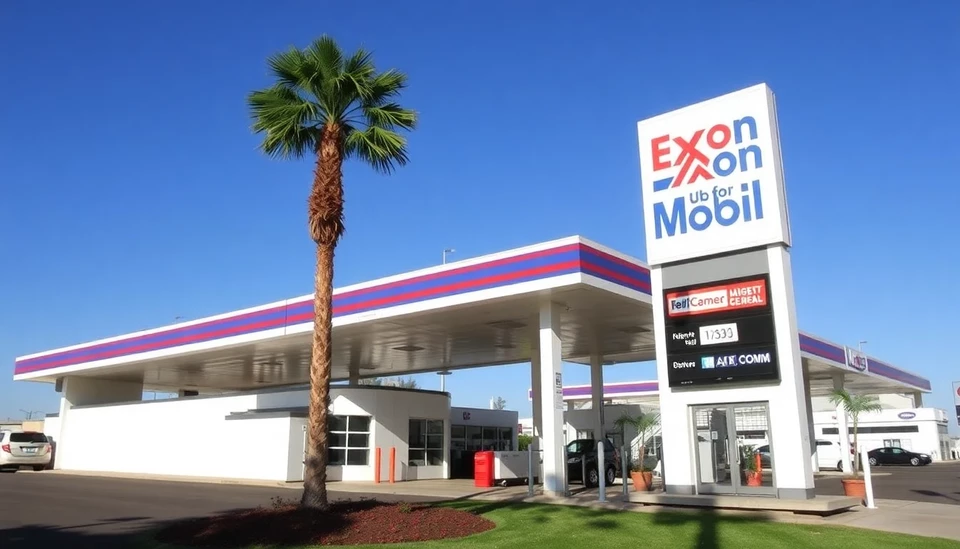
Exxon Mobil Corp. is reportedly exploring the possibility of selling its extensive network of gas stations in Singapore, a move that could generate upwards of $1 billion. This potential divestiture highlights the company's ongoing efforts to streamline its operations and enhance its focus on more lucrative markets amidst shifting energy dynamics and pressures for lower carbon emissions.
According to sources familiar with the matter, the decision aligns with Exxon’s broader strategy of reassessing its assets as part of a global push to increase efficiency and adapt to the evolving energy landscape. The company has faced mounting challenges in Singapore, including regulatory changes and increased competition from other fuel suppliers, which have eroded profit margins in recent years.
The gas stations in question represent a significant segment of Exxon’s operations in Southeast Asia, primarily catering to both passenger and commercial vehicle fuel needs. However, with the rise of electric vehicles and a shift toward greener energy solutions, the future viability of traditional fuel models is coming into question.
Sources indicate that if the sale proceeds, it could attract interest from regional competitors and investment firms looking to capitalize on the extensive network amid a transition toward cleaner energy sources. Furthermore, investors have been pushing Exxon and its peers to make clearer commitments to energy transition strategies, and a divestiture could serve as a response to those demands.
In Singapore, where the energy market is rapidly evolving, Exxon's potential exit from the gas station sector reflects larger trends within the oil and gas industry. This development draws attention to the dual challenge facing major oil firms: maintaining profitability while simultaneously addressing environmental sustainability and investor expectations for carbon reduction.
As the global energy landscape continues to shift towards more sustainable options, it remains to be seen how Exxon's divestiture will play out and what impact it will have on both the local market and the company's overall strategic direction.
Industry analysts suggest that this potential sale may not only be financially motivated but also a strategic maneuver to reallocate capital towards investments in renewable energy projects, demonstrating Exxon's intent to evolve alongside the changing demands of consumers and regulatory frameworks.
In a world increasingly focused on sustainability, every arm of the fossil fuel industry is forced to reassess its future, and Exxon's considerations in Singapore may well signal a critical moment in that recalibration.
As negotiations and considerations move forward, stakeholders and the energy market at large will be watching closely to see how Exxon Mobil navigates this pivotal decision in light of its overall business strategy and commitment to an increasingly green future.
#ExxonMobil #EnergyTransition #GasStations #Sustainability #Singapore #Divestiture #Investments #OilAndGas #CleanEnergy
Author: Samuel Brooks




